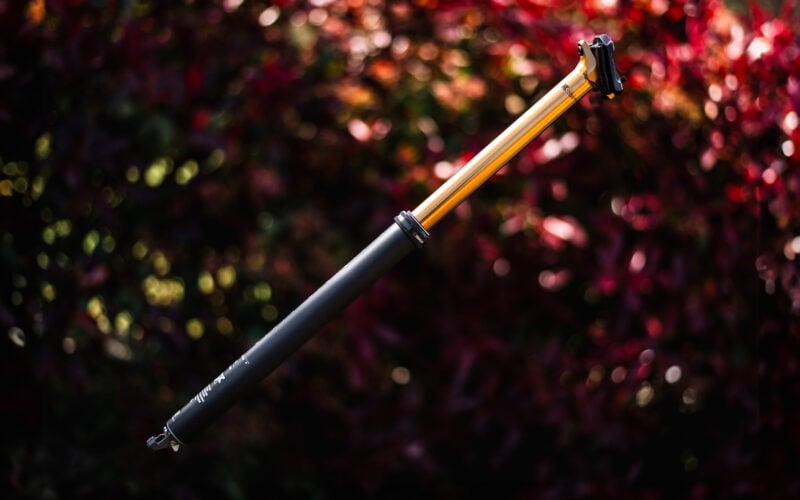While Julia Ward Howe was writing her saber-rattling “Battle Hymn of the Republic,” and Whitman his “Drum-Taps,” [Emily] Dickinson was quietly demolishing myths of heroic pomposity:
Finding is the first Act
The second, loss,
Third, Expedition for the “Golden Fleece”Fourth, no Discovery—
Fifth, no Crew—
Finally, no Golden Fleece—
Jason, sham, too—
Dickinson’s language, oblique and sharply objective, can be seen as one response to the degraded verbiage of the Civil War era, and the Gilded Age pieties that followed. This is one explanation for her special appeal to such poets and translators of her work as Paul Celan (discussed in an essay in The Emily Dickinson Handbook by Kerstin Behnke) and Eugenio Montale. In these poets we find a kindred prosody of obliquity and harsh specificity in the face of the degradation of the Italian language under Mussolini and the German language under the Nazis. That the leading German-language poet of the post-Nazi era and the leading Italian poet of this century looked to Emily Dickinson should invite us to read her in this way, as a voice raised against the pompous posturing of both sides. She once mentioned to Higginson her adamant resolution to “never try to lift the words which I cannot hold.” She never did. / Christopher Benfey, New York Review of Books
Einsortiert unter:Englisch, USA Tagged: Christopher Benfey, Emily Dickinson, Eugenio Montale, Julia Ward Howe, Kerstin Behnke, Paul Celan, Walt Whitman














